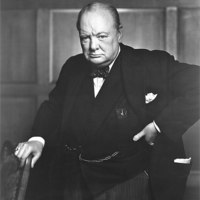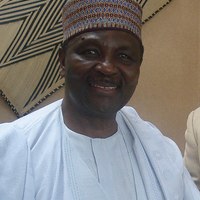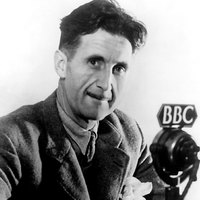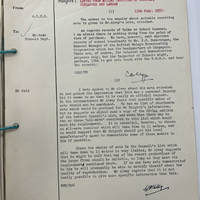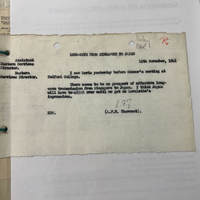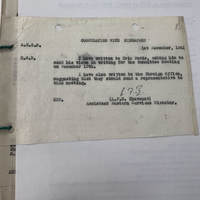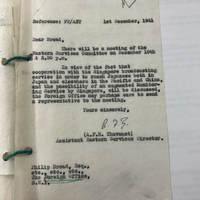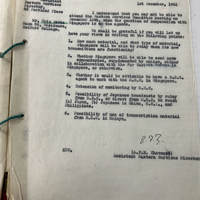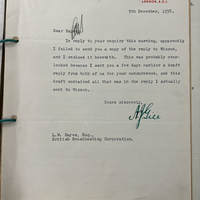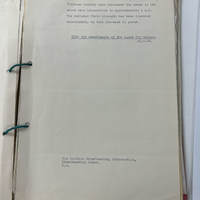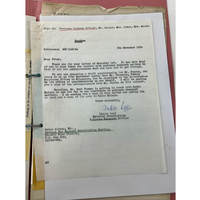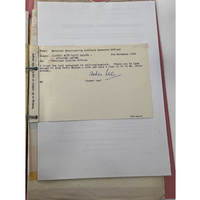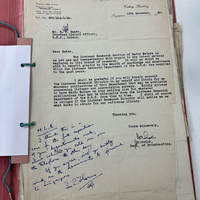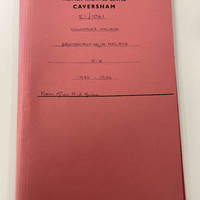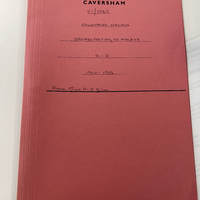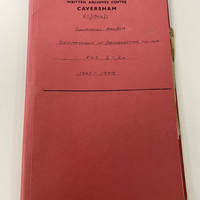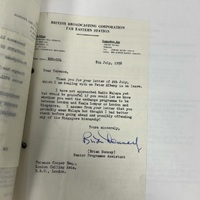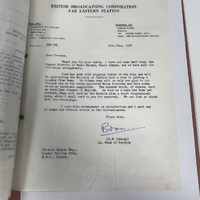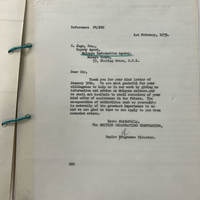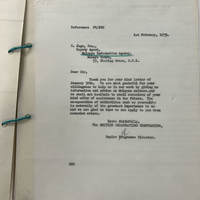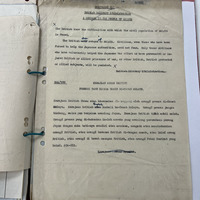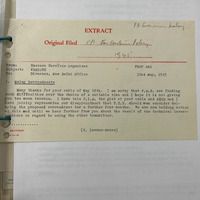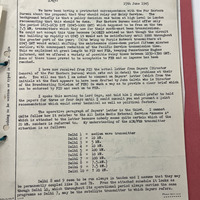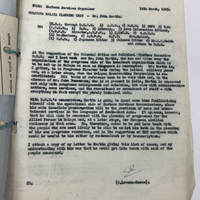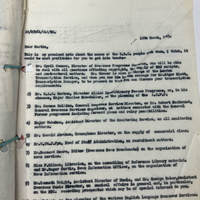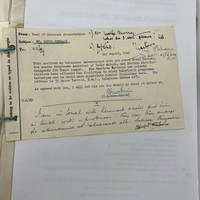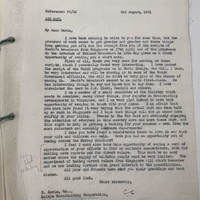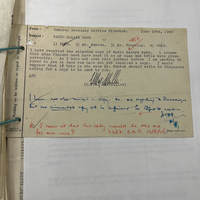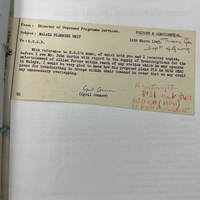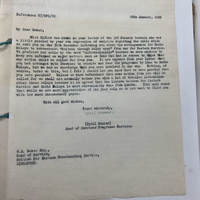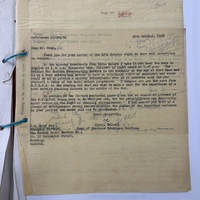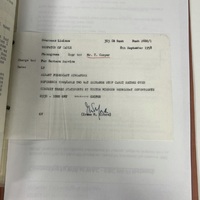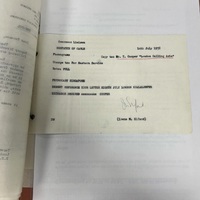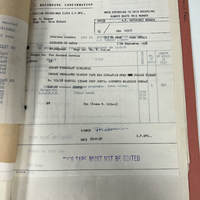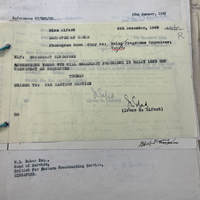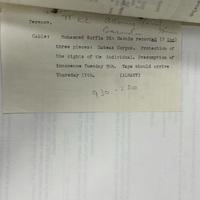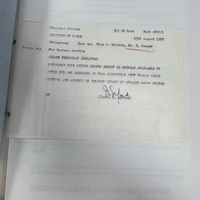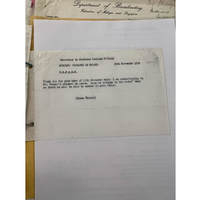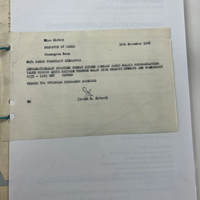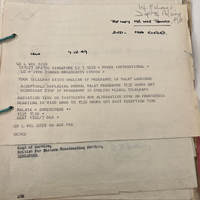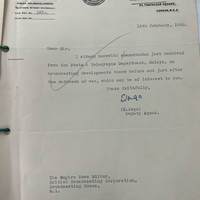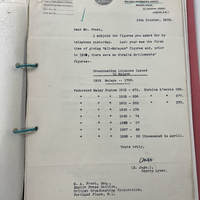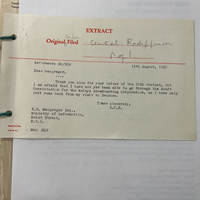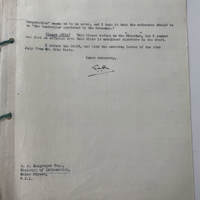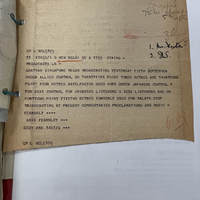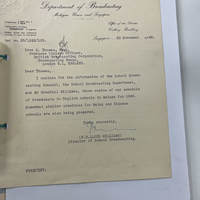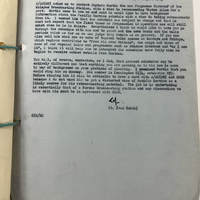Search
838 items
-
Sir Winston Leonard Spencer Churchill (30 November 1874 – 24 January 1965) was a British statesman, soldier, and writer who twice served as Prime Minister of the United Kingdom, from 1940 to 1945 during the Second World War, and again from 1951 to 1955. Apart from two years between 1922 and 1924, he was a Member of Parliament (MP) from 1900 to 1964 and represented a total of five constituencies. Ideologically an adherent to economic liberalism and imperialism, he was for most of his career a member of the Conservative Party, which he led from 1940 to 1955. He was a member of the Liberal Party from 1904 to 1924. Of mixed English and American parentage, Churchill was born in Oxfordshire into the wealthy, aristocratic Spencer family. He joined the British Army in 1895 and saw action in British India, the Mahdist War (also known as the Anglo-Sudan War), and the Second Boer War, later gaining fame as a war correspondent and writing books about his campaigns. Elected a Conservative MP in 1900, he defected to the Liberals in 1904. In H. H. Asquith's Liberal government, Churchill served as President of the Board of Trade and Home Secretary, championing prison reform and workers' social security. As First Lord of the Admiralty during the First World War, he oversaw the Gallipoli campaign, but after it proved a disaster, he was demoted to Chancellor of the Duchy of Lancaster. He resigned in November 1915 and joined the Royal Scots Fusiliers on the Western Front for six months. In 1917, he returned to government under David Lloyd George and served successively as Minister of Munitions, Secretary of State for War, Secretary of State for Air, and Secretary of State for the Colonies, overseeing the Anglo-Irish Treaty and British foreign policy in the Middle East. After two years out of Parliament, he served as Chancellor of the Exchequer in Stanley Baldwin's Conservative government, returning the pound sterling in 1925 to the gold standard at its pre-war parity, a move widely seen as creating deflationary pressure and depressing the UK economy. Out of government during his so-called "wilderness years" in the 1930s, Churchill took the lead in calling for British rearmament to counter the growing threat of militarism in Nazi Germany. At the outbreak of the Second World War he was re-appointed First Lord of the Admiralty. In May 1940, he became prime minister, succeeding Neville Chamberlain. Churchill formed a national government and oversaw British involvement in the Allied war effort against the Axis powers, resulting in victory in 1945. After the Conservatives' defeat in the 1945 general election, he became Leader of the Opposition. Amid the developing Cold War with the Soviet Union, he publicly warned of an "iron curtain" of Soviet influence in Europe and promoted European unity. Between his terms as prime minister, he wrote several books recounting his experience during the war. He was awarded the Nobel Prize for Literature in 1953. He lost the 1950 election but was returned to office in 1951. His second term was preoccupied with foreign affairs, especially Anglo-American relations and preservation of what remained of the British Empire with India now no longer part of it. Domestically, his government emphasised housebuilding and completed the development of a nuclear weapon (begun by his predecessor). In declining health, Churchill resigned as prime minister in 1955, remaining an MP until 1964. Upon his death in 1965, he was given a state funeral. One of the 20th century's most significant figures, Churchill remains popular in the UK and the rest of the Anglosphere where he is generally viewed as a victorious wartime leader who played an important role in defending liberal democracy against the spread of fascism. While he has been criticised for his views on race and empire alongside some of his wartime decisions, historians often rank Churchill as the greatest prime minister in British history. (Wikipedia) More »Person
-
Yakubu Dan-Yumma "Jack" Gowon (born 19 October 1934) is a retired Nigerian army general and military leader. As head of state of Nigeria, Gowon presided over a controversial Nigerian Civil War and delivered the famous "no victor, no vanquished" speech at the war's end to promote healing and reconciliation. The Nigerian Civil War is listed as one of the deadliest in modern history, with some accusing Gowon of crimes against humanity and genocide. Gowon maintains that he committed no wrongdoing during the war and that his leadership saved the country.An Anglican Christian from a minority Ngas family of Northern Nigeria, Gowon is a Nigerian nationalist, and a believer in the unity and oneness of Nigeria. Gowon's rise to power followed the July 1966 counter-coup and cemented military rule in Nigeria. Consequently, Gowon served for the longest continuous period as head of state of Nigeria, ruling for almost nine years until his overthrow in the coup d'état of 1975 by Brigadier Murtala Mohammed. (Wikipedia) More »Person
-
Eric Arthur Blair (25 June 1903 – 21 January 1950) was an English novelist, poet, essayist, journalist, and critic who wrote under the pen name of George Orwell. His work is characterised by lucid prose, social criticism, opposition to totalitarianism, and support of democratic socialism. Orwell produced literary criticism, poetry, fiction, and polemical journalism. He is known for the allegorical novella Animal Farm (1945) and the dystopian novel Nineteen Eighty-Four (1949). His non-fiction works, including The Road to Wigan Pier (1937), documenting his experience of working-class life in the industrial north of England, and Homage to Catalonia (1938), an account of his experiences soldiering for the Republican faction of the Spanish Civil War (1936–1939), are as critically respected as his essays on politics, literature, language and culture. (Wikipedia) More »Person
-
A.D.E.S states that Mr. Alway has no list or specific short-wave apparatus that can be used for demonstration at schools but states that they are free to use an all-wave reciever, to be demonstrated by the manufacturer. More »Message
-
Thavenot informs receiver that there are no current plans for long wave transmission from Singapore to Japan. More »Message
-
Thavenot informs receiver of his request from Mr. Davis for points to be brought up on a meeting to be held. As well as informing the receiver of his request to the foreign office for a representative. More »Message
-
Sender informs receiver that the meeting happening on the 10th of December will be about the cooperation with the Singapore Broadcasting Services in order to reach Japan and elsewhere in the Pacific and China. More »Message
-
Sender asked receiver to review following points to be discussed on the 10th of December during the Eastern Service Committee meeting as receiver may not be able to attend. More »Message
-
Sender re attatches a reply of his to V.H Winston's letter. More »Message
-
The sender outlines the increase of wireless receiving station licenses in various locations across Malaya. He also provides information on increases in the power of their short wave transmitters. More »Message
-
Asher Lee writes to Peter Albany attempting to liaise on audience research. He notes that his office has drafted a questionnaire to distribute at the British Far East Broadcasting Services office in Singapore. More »Message
-
Asher Lee writes a clarification on his previous letter (Item Designation BBC_507) asking the receiver to copy his letter to Peter Albany More »Message
-
The Director of the Department of Broadcasting responds to a letter from RJ Baker about listener research, offering some help from BBC London in their efforts to conduct more thorough listener surveys at Radio Malaya More »Message
-
Brian Denney, responding to Terrence Cooper on behalf of Peter Albany (to whom Terrence Cooper's original proposal was addressed), asks for clarification about whether his proposed two way exchange broadcast will be between Kuala Lumpur and London or London and Singapore. More »Message
-
Brian Denney recounts an exchange he had with Bert Read, Radio director of Radio Malaya to Terrence Cooper of BBC London. Bert Read suggests that one of the new Malay Justices could serve as a potential speaker for their broadcast. No name is given as of yet. More »Message
-
the British Broadcasting Corporations Empire Programme Director expresses that they will contact E.Jago when needed regarding advice on matters in Malaya More »Message
-
the British Broadcasting Corporations Empire Programme Director expresses that they will contact E.Jago when needed regarding advice on matters in Malaya More »Message
-
The British Military Administration announces that civilians who voluntarily helped the Japanese forces are to be punished. The text is written both in English and Malay. More »Article
-
The telegram discusses issues with the cables and scheduling of the Malay rebroadcasts, and suggest they are delayed for four months until new transmitters are available. More »Message
-
The memo discusses the period offered for the Malay rebroadcasts were not satisfactory, and offered to use short distance transmitters from New Dehli to Malaya instead. More »Article
-
C. Lawson-Reece writes to inform everyone of John Martin's plans to take over programming. More »Article
-
A list of names written by C Lawson-Reece for John Martin of important people at the BBC with whom he should get in touch. More »Message
-
C Lawson-Reece writes to ask if David Kennard can use BBC facilities to study television programme techniques, given that the Americans have already offered similar facilities More »Message
-
The sender thanks Davis for previously sent scripts. He also speaks abouts the effects of the invasion of Holland on their plans moving forward. More »Message
-
CFG Max-Muller writes to John Dumeresque and others informing them that he has receieved Radio Malaya News Volume 1, he also suggests that others read the document and sends it along with the telegraph. More »Message
-
Cyril Conner writes to Norman Collins on supplying transcriptions for the entertainment of the Allied Forces. More »Message
-
Cyril Conner writes to WR Baker, informing him that no action was needed on his end in regards to the rebroadcast of their "Britain through Malay eyes" program. She notes she only meant to inform him of the broadcast but in the future, the liaison between Radio Malaya and BBC Far Eastern Services is best done through London. More »Message
-
Cyrill Conner notes that; a) It is substantial matter to have additional engineers and staff to do an all-day broadcast for the British Far Eastern Broadcasting Services. b) There is no chance at the present to do the request because of the aforementioned factors. More »Message
-
Telegraph noting a potential time and date for Victor Mishcon (the BBC contributor to the project) to record his statements More »Message
-
Terence Cooper writes to Peter Albany to let him know that the tape of Mishcon's comments (the BBC London contributor) has been sent and will arrive in Singapore on British Airlines flight 715/18. He also notes that Suffia's responses from Radio Malaya should arrive on Monday at the latest. More »Message
-
Ivor Thomas confirms the 1235 broadcast will be in the Malay Language (in reply to BBC_616) More »Message
-
A cable dispatch informing Terence Cooper of the telegraph sent on September 7, 1958 (item designation BBC_311) More »Message
-
Cable dispatch from Irene Elford stipulating a budget of 25 Guineas to cover expenses More »Message
-
Diana Badder writes to inform HBFEBS that Ivor Thomas is on leave, and will return in two weeks. More »Message
-
Irene M Elford writes to WR Baker to inform him of the rebroadcast of the "Britain through Malay eyes" program. More »Message
-
A telegraph asking if the programme will be in the Malay language More »Message
-
Sender attatches the memorandum made by the Posts and Telegraph Department in light of the war. More »Message
-
E. Jago notes that prior to 1930, there were no fifures on Straits Settlements, then attaches the numbers of licences in Malaya More »Message
-
E.C. Robbins informs Macrgegor that he has not read the Draft Constitution. More »Message
-
E.C. Robbins mentions to J.C.S. Macgregor provisions such as Clauses 31 and 33 be given a thought for their own constitution;and there are following points on the Draft Constitution for the Malaya Broadcasting Corporation to be considered. Clauses 3, 10(1), and Clause 26(11). More »Message
-
Lloyd Williams writes to Ivor Thomas, enclosing three copies of the broadcast schedule for English schools in Malaya. More »Message
-
G Ivan Smith recommends the recipient (Pacific Service Director), go over the Pacific Service Schedule with John Martin, along with other background information Martin might need for his new position in Malaya. More »Message

